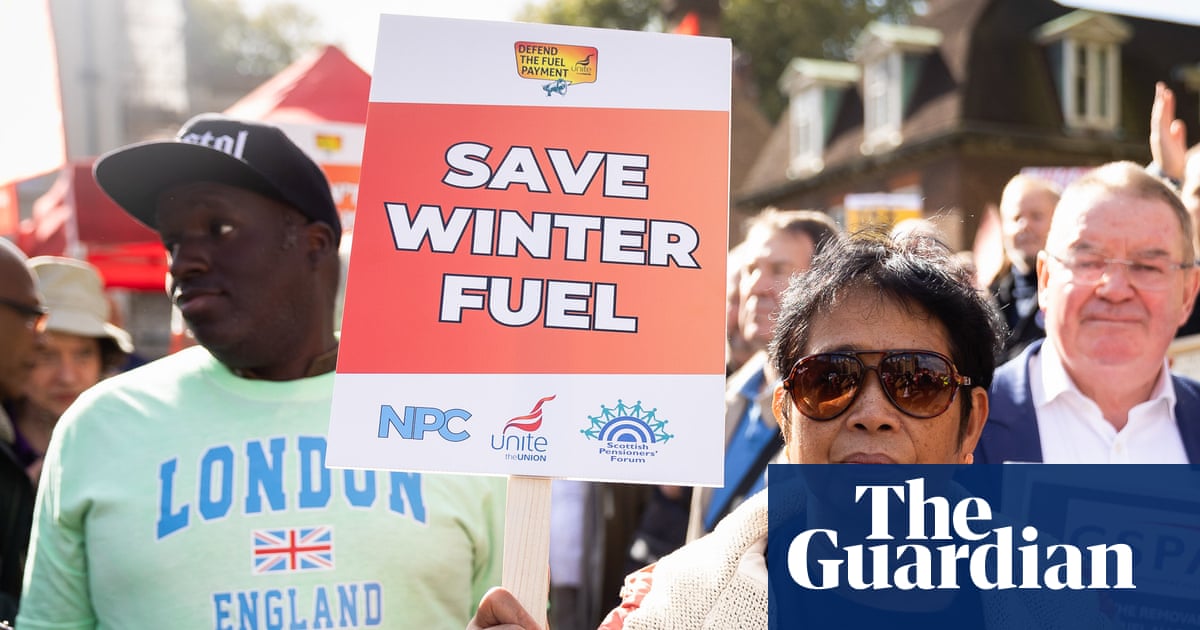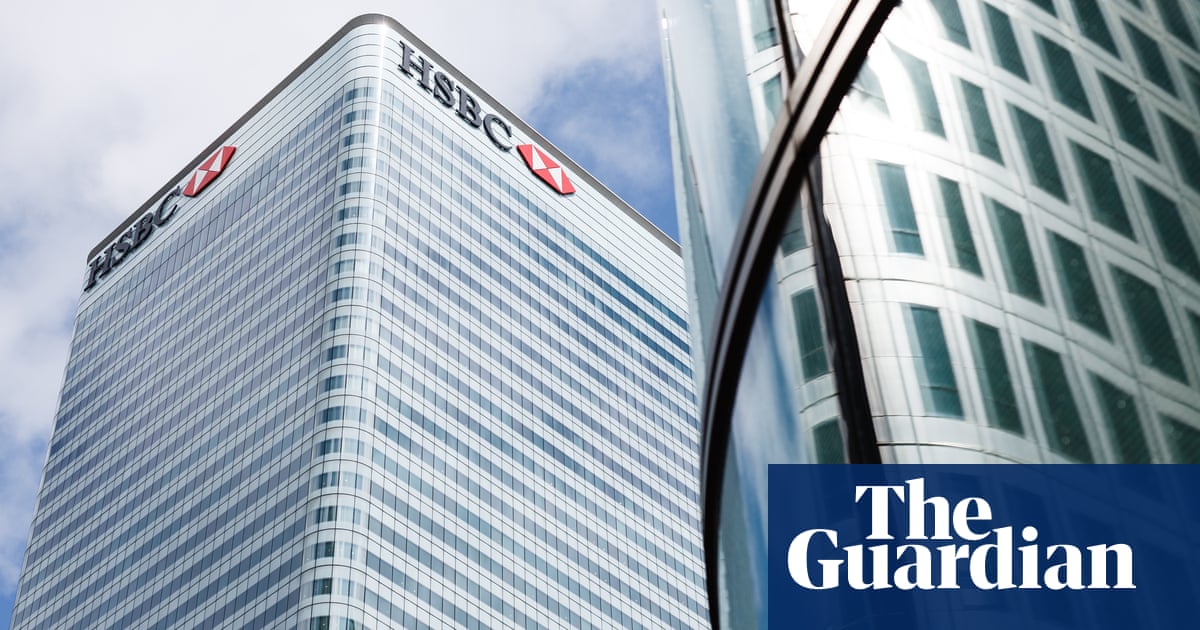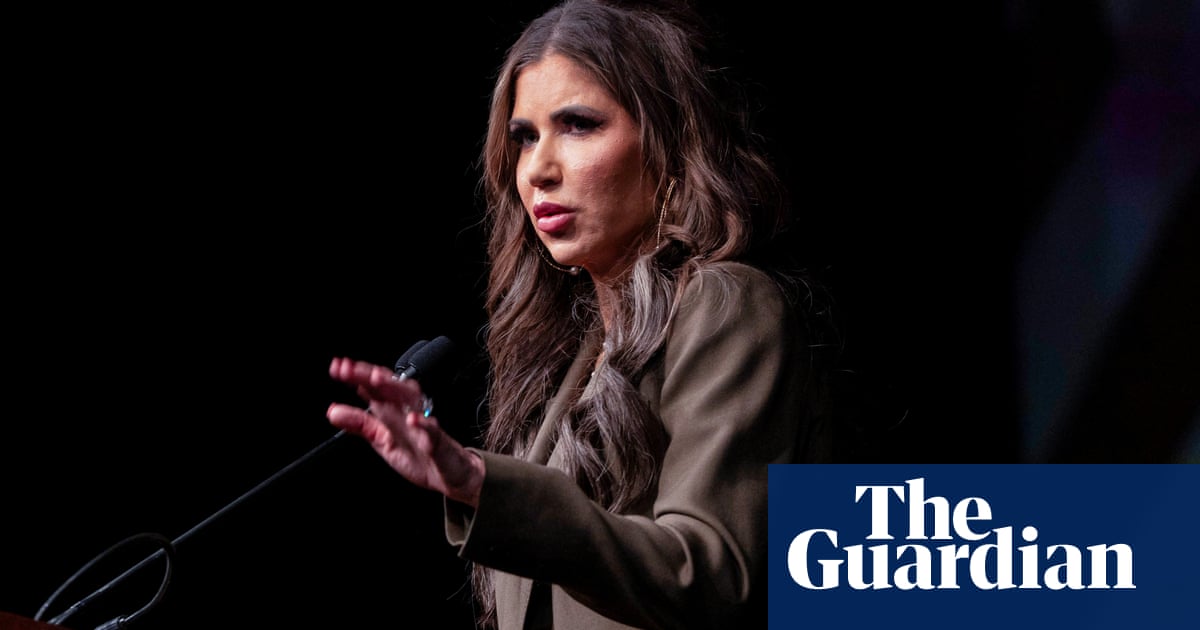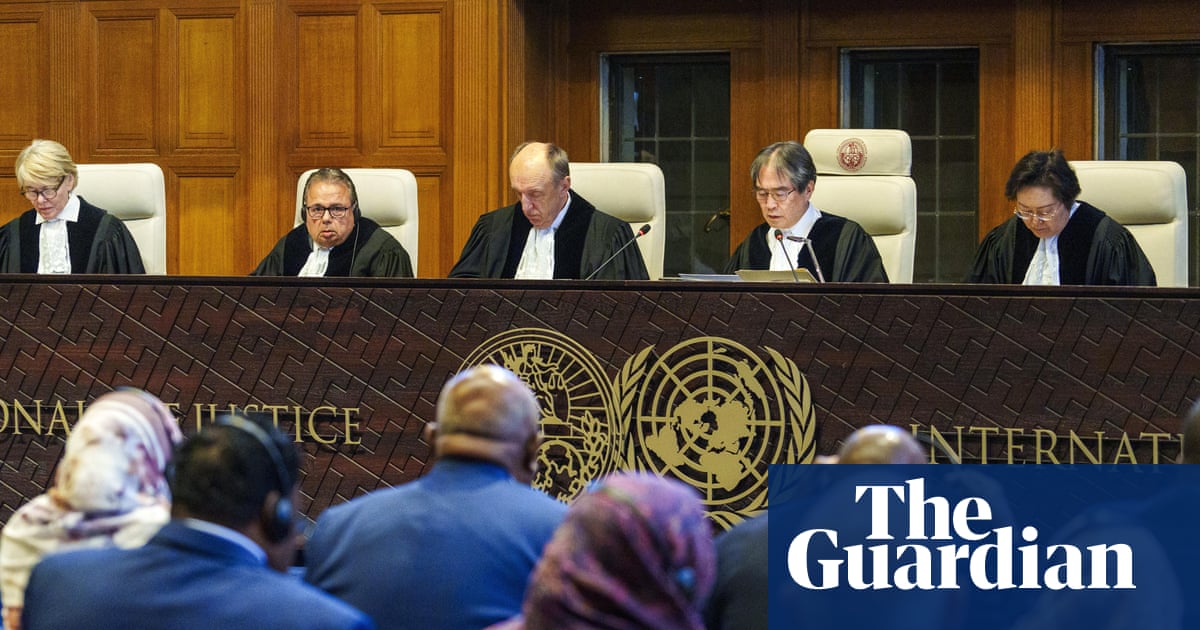Reform UK’s ascendancy to power has at times felt like watching the cliched slow-motion car crash: a wounded Tory party, the rise of rightwing populism across the globe, a damp squib of a Labour government, then – bam! – staggering local election wins accompanied by Nigel Farage grinning on the morning news.
Except, rather than it being a soft collision, you could be forgiven for feeling some whiplash. With the full picture of Thursday’s results now in, one thing is clear: just seven years after forming out of the bones of Ukip and the Brexit party, Reform has had a sweeping victory across large swathes of English councils. Farage’s party gained almost 650 council seats, taking control of ten local authorities.
In the coming weeks, there will be plenty of time for postmortems on how exactly we got here – the decades-long political and economic failings that have enabled a party whose selected candidates have compared black people to “savages” and praised Hitler to get a hold on the levers of government.
We should talk about all of it, the uncomfortable and the shameful: from big tech’s place in spreading misinformation and conspiracies, to the role of the BBC in platforming Farage over the years (while relegating the Greens), to ever-plummeting living standards and the seeming lack of interest of the major parties to raise them.
And yet, for now, as we watch the map turn an ominous shade of turquoise, I can’t stop my mind from going over the comments Farage was making on the days running up to the elections.
Asked at a press conference about the rising number of children with special educational needs and disabilities, and what could be done to help them, Farage replied: “It’s a massive problem. I have to say, for my own money, when you get to 18 and you put somebody on a disability register, unemployed, with a high level of benefits, you’re telling people aged 18 that they’re victims. And if you are told you’re a victim, and you think you’re a victim, you are likely to stay [a victim].”
Farage’s comments on trans people and the recent supreme court ruling were comparatively measured (“an outbreak of common sense”, he called it on X), but the niggling unease such views foster among progressives is the same. Each nasty reactionary comment by Reform followed by the reward of an electoral gain feels as if it eats away at a diverse and decent society, pulling back hard-won tolerance while validating the worst prejudices. It is a dread that many of us will have felt over the last few days: that there is an ugliness infecting our politics – and an increasing chasm between the country we want to be, the country we actually are and the politicians we elect.
Such ugliness is no longer merely rhetoric. Hours after former Conservative minister Andrea Jenkyns became the new Reform mayor of Greater Lincolnshire with a victory speech arguing tents are “good enough” for asylum seekers to live in, Farage pledged that Reform-run councils and mayoralties will block asylum seeker accommodation.
Local elections traditionally act as an unofficial referendum on national politics – a rare chance for voters in Wirral to “send a message” to Westminster. As the one-year anniversary of Labour’s landslide on the promise of “change” approaches, it is not hard to see that the conditions are ripe for cynicism, anger and protest. More and more people – already reeling from a decade that gave us austerity, Brexit and Partygate – are becoming deeply disillusioned not only about the state of Britain but about politics as a means to improve it. If you have no hope of getting on the housing ladder, your wages don’t cover the weekly shop or you live in pain but can’t even get a GP appointment, the lure of rightwing populism’s simple answers to complex problems is almost rational.
This is only exacerbated by the fact that the positive things that Labour is doing for low-income voters – say, the employment rights bill and the rise in the minimum wage – are mentioned so rarely by ministers you would think they were state secrets. That in his first speech since the local elections, Keir Starmer chose to speak not about the cost of living crisis at a supermarket or waiting lists at a hospital but about Ukraine at a drone-manufacturing facility was a clear enough symbol of what led many voters to put their cross next to Reform.
Here is the good news. Evidence consistently shows that the British public is progressive – and becoming more progressive still – in their attitudes on issues such as migration, homosexuality, industrial action, and abortion.
If Labour learns the correct lessons from the local elections, it will tell a story about the country that reflects this spirit, and launch a policy agenda that rebuilds hope and trust – from investment in public services, supporting disabled people into jobs rather than cutting their benefits, bold housing pledges and a fully funded child poverty strategy to making the case for safe and humane asylum routes.
The alternative is a Labour government tacking ever further to the right, trying to beat populism by mimicking it. We will all be Farage’s victims then.
-
Frances Ryan is a Guardian columnist. Who Wants Normal? The Disabled Girls’ Guide to Life is available from the Guardian Bookshop

 4 hours ago
8
4 hours ago
8













































